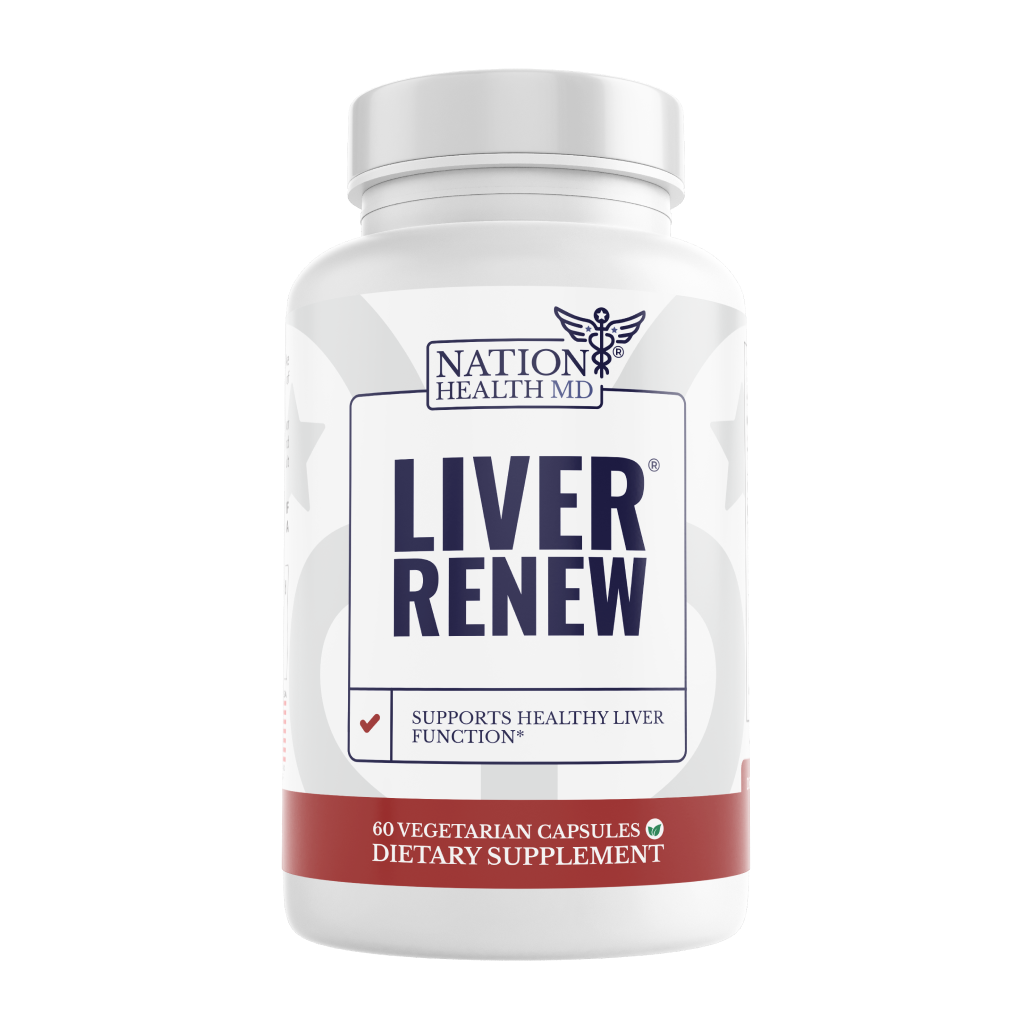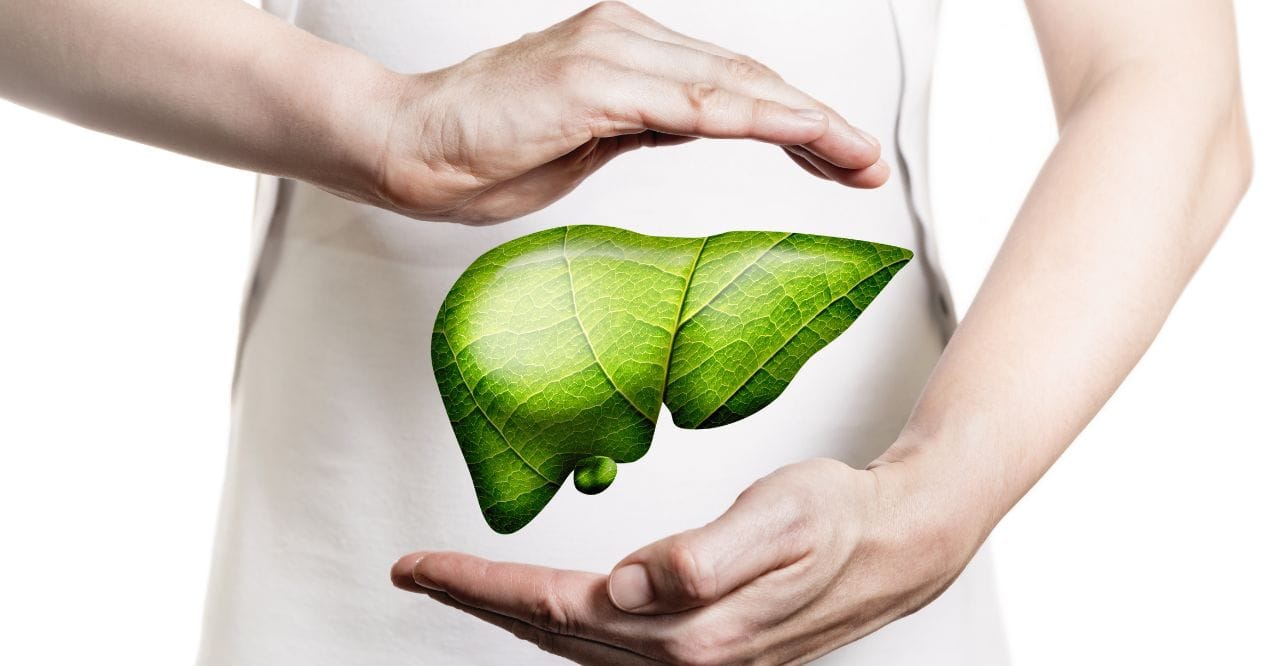Is Non Alcoholic Beer Bad for Your Liver?
Medically reviewed by our experts
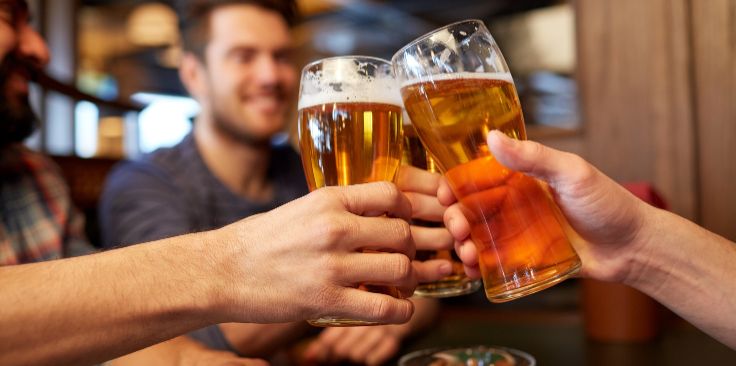

If you’re asking yourself, “Is non-alcoholic beer harmful to your liver?” consider the liver’s vital roles, including nutrient metabolism and the elimination of harmful substances.Thus, sustaining a healthier liver is imperative for general wellness. However, the rising shift in consuming zero-alcoholic beverages prompts some alarms about liver-associated implications. Some of these brands comprise no more than 0.5% alcohol by volume (ABV), while others incorporate 0.0%.
Although lesser alcoholic volumes might seem appealing, it is paramount to comprehend the likely risks of alcohol-free beverages on liver functioning. However, compared to typical beer intake, their insignificant alcohol levels minimize the liver’s workload and lower its risks. So, “Is non-alcoholic beer bad for your liver?” you might wonder. Read on to find out and learn about viable support alternatives.
How Does Non-Alcoholic Beer Affect Liver Function?
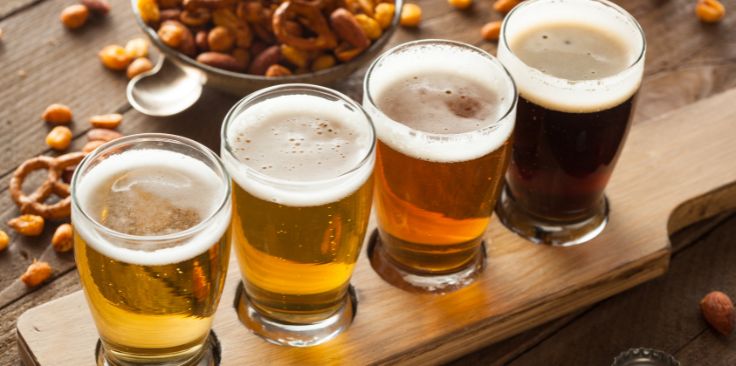
Is non-alcoholic beer bad for your liver? Well, these drinks endure slight liver processing to abolish alcohol traces and metabolize ingredients, irrespective of their low alcoholic levels. Due to their processing, brewing ingredients, fermentation congeners, additives, preservatives, and sweeteners, non-alcoholic beers might strain the liver’s functioning. The ethanol and beer flavors found within, although minimal, can still have toxic impacts on liver cells that may lower their vitality.
Is Non-Alcoholic Beer Bad for Your Liver Compared to Alcoholic Beer?
- Some studies consider non-alcoholic choices safer than alcoholic counterparts due to their lesser alcohol volumes.
- Unlike non-alcoholic alternatives, alcoholic drinks are dominant stressors of liver functioning due to their high content of toxic ethanol that necessitates processing.
- The manufacturing procedures, specific ingredients, preservatives, and additives in some zero-alcoholic beverages require liver processing, impacting this organ’s functioning.
- Since non-alcoholic alternatives possess not more than 0.5% alcohol by volume, they minimize the liver’s workload to metabolize and flush out ethanol traces.
- Regular beers may result in liver oxidative stress and fat buildup that can damage the liver when consumed in excess.
- While alcoholic drinks prompt the liver to process ethanol, their counterparts are devoid of this destructive liver element to trigger its elimination, rendering it a safer option.
- Zero alcoholic alternatives possess higher sugar levels than standard ones, which might affect your general wellness.
What Should You Consider Before Consuming Non-Alcoholic Beer?
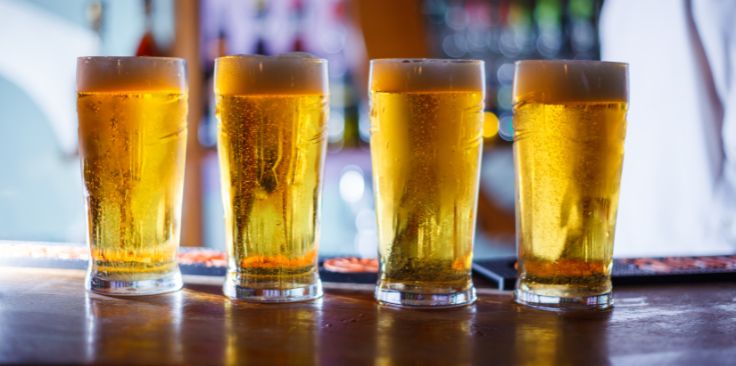
- Liver-Conscious Drinking – Despite being a safe choice for optimal liver functioning, limit your consumption of zero alcoholic drinks since their extreme intake could still stress the livers’ capability to process and eradicate toxins adequately.
- Ingredients – You should examine the ingredient labeling for any potentially damaging artificial sweeteners, preservatives, or additives that can impair liver critical roles.
- Personal Health Aspects – Any beer’s influence on liver vitality depends on consumption patterns and individual aspects, especially for persons with underlying health complexities or liver conditions.
- Calorie Levels – Be mindful of likely weight gain and liver health issues that could arise from high-calorie non-alcoholic varieties.
- Residual Alcohol Content – Scrutinize the alcohol levels in these alcohol-free drinks for any trace contents that may affect sensitive people.
- Sugar Levels – Check on sugar volumes, especially if you are managing weight, as high sugar content might cause liver illnesses.
How Does “Liver Renew” Enhance Liver Health?
If you are still wondering, “Is non-alcoholic beer bad for your liver?” Let’s dispel that. You can tap into the powers of Liver Renew and boost your liver’s ability to process these beverages. It’s a supplement made to support your liver health from within. Lisa King, a competent pharmacist at Nation Health MD, recommends this formula based on its numerous botanic blends that enhance liver health. Curcumin, found in this supplement, is effective in promoting detoxification mechanisms in the liver and maintaining healthy liver enzymes.
The milk thistle in this formula maintains optimal immune parameters, defends against damaging free radicals, helps make proteins, and boosts liver health. It is all thanks to the silymarin element, which boosts liver performance by protecting liver cells from oxidative stress, facilitating protein production, nurturing the body’s antioxidant defenses, and balancing immune responses. You can utilize Liver Renew to heighten your cellular metabolism and ensure optimal liver functioning if you routinely consume zero alcoholic beverages.
To Sum Up
As many individuals turn to alcohol-free alternatives, it sparks concerns about liver-related implications. While alcoholic beers may present a more significant threat to liver wellness than alcohol-free beverages, it is paramount that you consume all these drinks with moderation and caution. Don’t forget to consider aspects like individual health conditions, brewing process, calorie levels, residual alcohol volumes, and consumption extent when regularly taking these zero-alcoholic beers to avoid liver-related issues.
Finally, Liver Renew can be a game changer in promoting liver health since its potent ingredients facilitate liver functioning. Tapping on the potency of botanic supplements and making informed choices on drinks and beers can positively affect liver vitality and health.
Alcohol-free beverages have an insignificant effect on liver performance due to their minimal ethanol volumes, reducing liver workload in processing alcoholic harmful toxins.
Liver-boosting formulas like Liver Renew might benefit alcohol-free brew consumers due to their potential to support liver functioning and health.
Some liver-nurturing beverage choices that lessen its straining might include unsweetened plant-based milk, vegetable juices, and herbal teas.
Popular Articles
Advertisement. This site offers health, wellness, fitness and nutritional information and is designed for educational purposes only. You should not rely on this information as a substitute for, nor does it replace, professional medical advice, diagnosis, or treatment. If you have any concerns or questions about your health, you should always consult with a physician or other health-care professional. Do not disregard, avoid or delay obtaining medical or health related advice from your health-care professional because of something you may have read on this site. The use of any information provided on this site is solely at your own risk.
